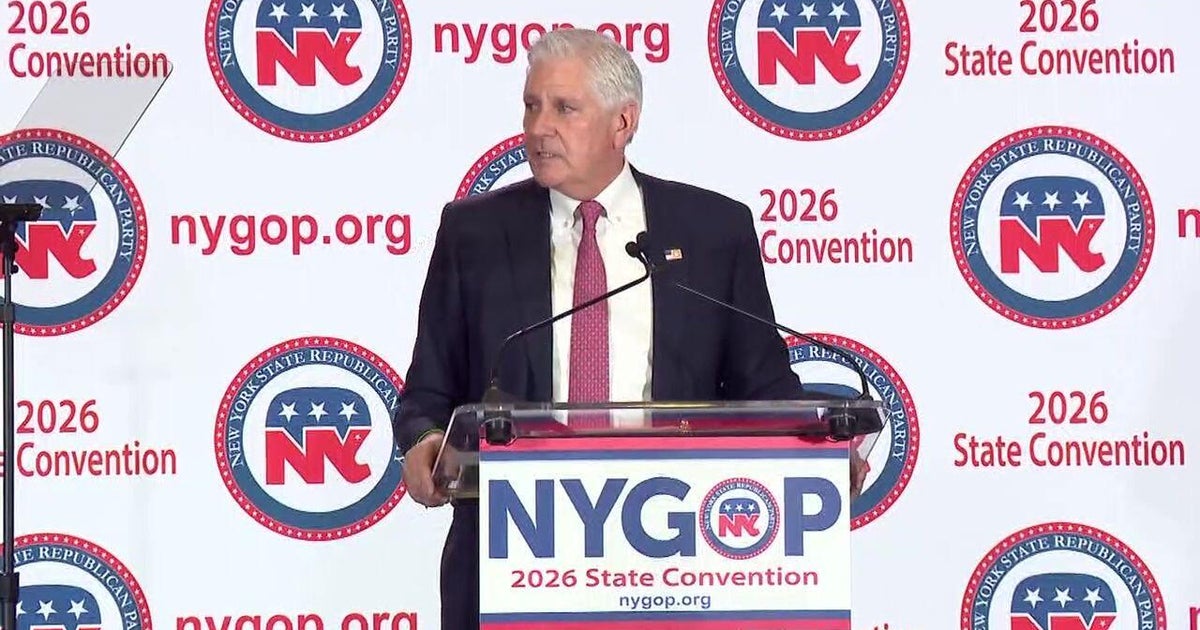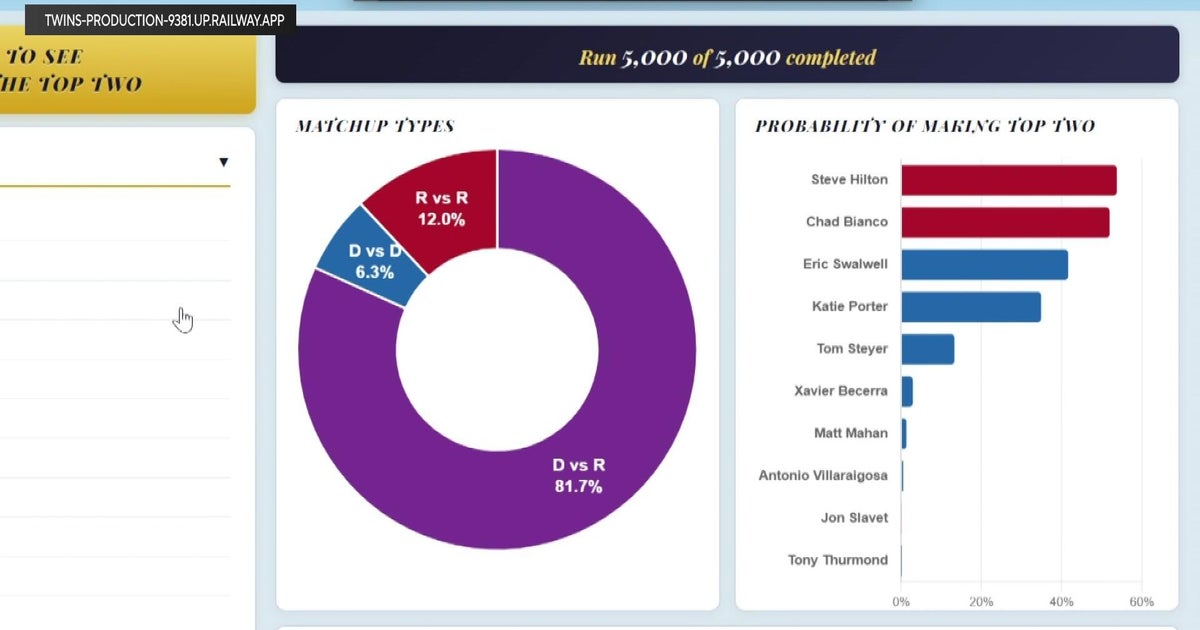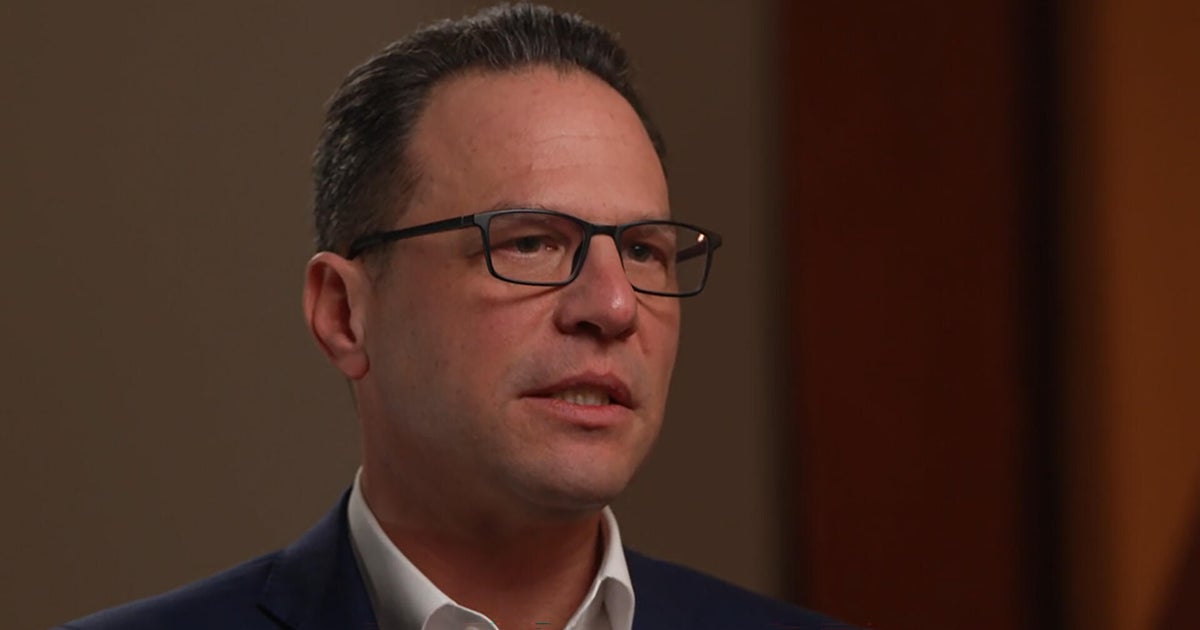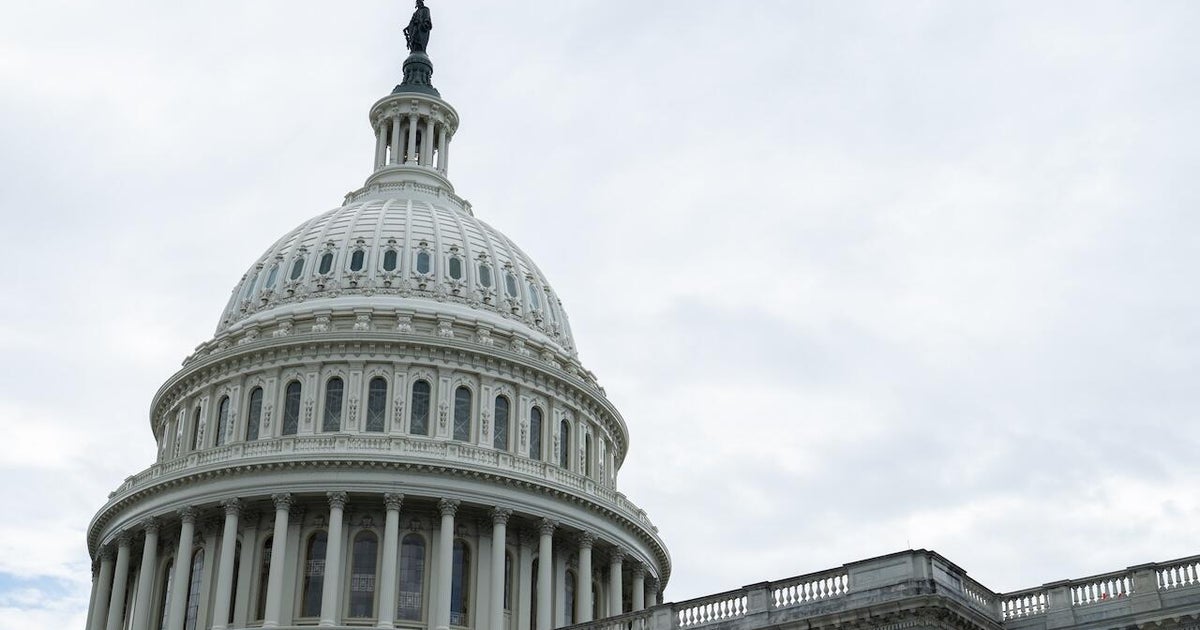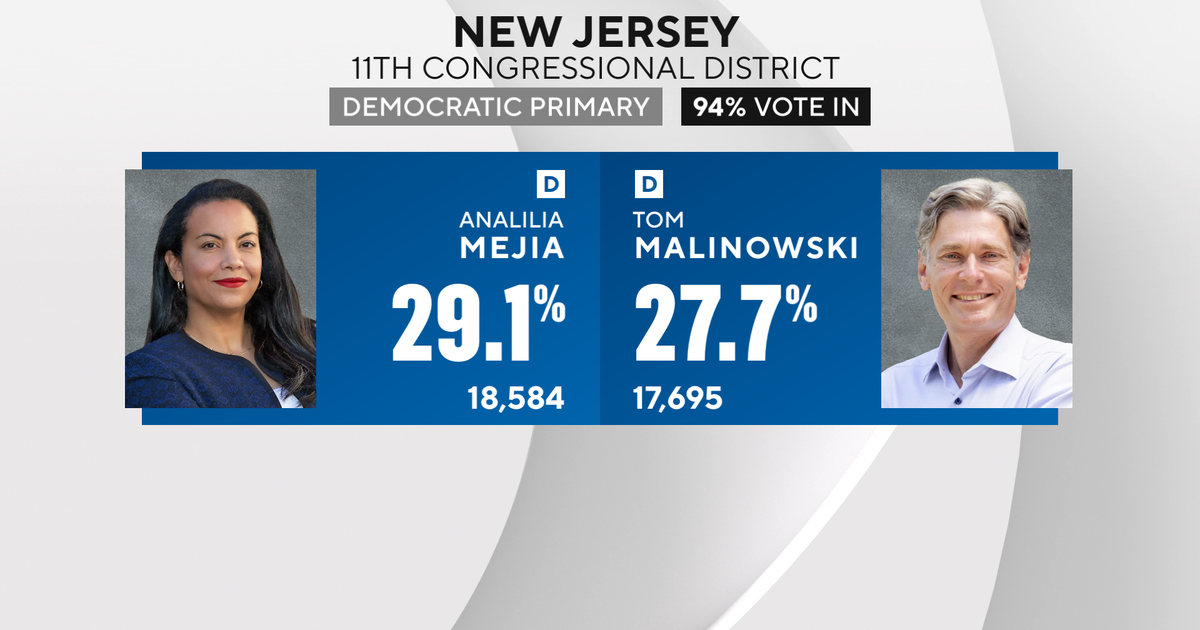Big GOP Primary Field For Pa. Governor Has Party Leaders Worried
HARRISBURG, Pa. (AP) — A massive Republican primary field for governor in Pennsylvania is spurring growing discomfort among party leaders that a widely splintered primary vote could produce a winner who cannot beat Democrat Josh Shapiro in November's general election.
Ten Republicans filed paperwork Tuesday to get on the May 17 primary ballot. That is more than party leaders expected or have ever seen in such a high-profile primary contest.
It prompted grumbling over the state party's decision not to endorse in a gubernatorial primary — to try to winnow the field — for the first time since 1978.
It has also propelled party leaders to begin working on a strategy to persuade some candidates who are perceived as weaker to drop out. They worry that a weak or polarizing candidate could theoretically win the primary election with less than 20% of the vote.
"We don't want to allow a bad or poor candidate for the general election to potentially get through with a plurality due to the number of candidates in the race," said Sam DeMarco, the GOP chairman of Allegheny County, home to more registered Republicans than any other county.
Shapiro, Pennsylvania's two-time elected attorney general, has a clear path to the Democratic Party's nomination and a big cash advantage over Republican candidates. Gov. Tom Wolf, a Democrat, is constitutionally barred from seeking a third term and has endorsed Shapiro.
A recent Fox News poll in Pennsylvania showed 19% of GOP primary voters saying they support Lou Barletta and 18% backing Doug Mastriano. Dave White and Bill McSwain followed closely behind, with 14% and 11%, respectively.
A quarter of voters said they are undecided and, even among those who said they were backing a candidate, 57% said they may change their minds.
Republicans see a golden opportunity to capture the governor's office in a year when President Joe Biden and Democrats face a critical and pessimistic public, according to a February poll from The Associated Press-NORC Center for Public Affairs Research.
On Thursday, one of the 10 candidates, Jason Richey, a political newcomer, said he is dropping out and endorsing McSwain.
"This is the right thing to do," Richey said in an interview.
Pennsylvania's national Republican committee member, Andrew Reilly, said the large GOP field is strong and diverse, and the result of poor leadership by Wolf and Biden. But he did not necessarily endorse every candidate in it.
"Some candidates have strengths that are better suited for the primary electorate while others would be better positioned for the general election," Reilly said. "Republican voters will sort it all out, hopefully with an emphasis on nominating a candidate who can win in November."
Reilly and other party leaders did not want to name any particular candidate who they are hoping to avoid winning the primary.
However, Mastriano — who once said that former President Donald Trump "asked me" to run for governor — is a particular outlier.
He showed strength in the Fox News poll and is popular with the party's ultra-conservative ranks.
He has been a chief peddler of conspiracy theories that Democrats stole the election from Trump in 2020. It helped make him a key ally of Trump in Pennsylvania, as he allied himself with others who maintain the election was fraudulent and are pushing to overturn it.
Mastriano was outside the U.S. Capitol the afternoon of the Jan. 6 insurrection and was subpoenaed last month by the congressional committee looking into it.
Before that, Mastriano gained a following by leading anti-shutdown rallies during the early months of the pandemic, belittling efforts to contain the virus and repeating the baseless claim that Wolf was responsible for thousands of COVID-19 deaths in nursing homes.
In addition to nominating a radioactive candidate, party officials also worry about an expensive primary battle that drains GOP campaign donors and produces a fractured base that is difficult to unify.
Jim Foreman, the party chair in Blair County, said candidates thus far have not seen the value in sacrificing their candidacy for the good of the party.
And with registered Democrats outnumbering Republicans 4 million to 3.4 million, Foreman worried that the party's primary electorate can't afford a fight among camps divided by geographical identity or ideology.
"We need a candidate who can adhere to the party's platform, who can have a broad appeal over a wide spectrum to win in the general election," Foreman said.
(Copyright 2022 The Associated Press. All rights reserved. This material may not be published, broadcast, rewritten or redistributed.)
